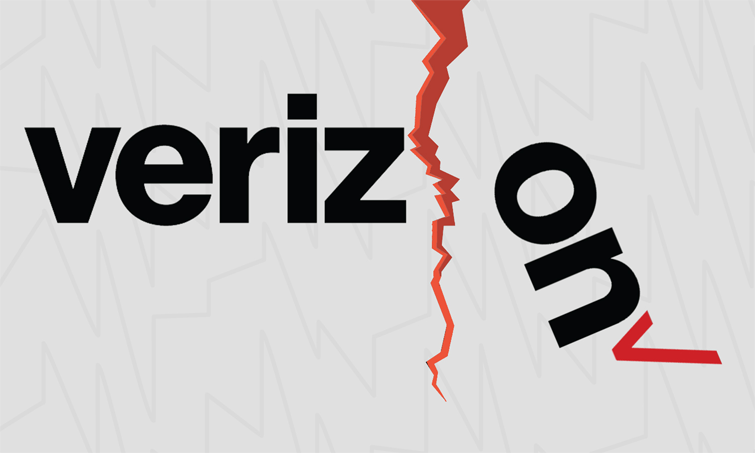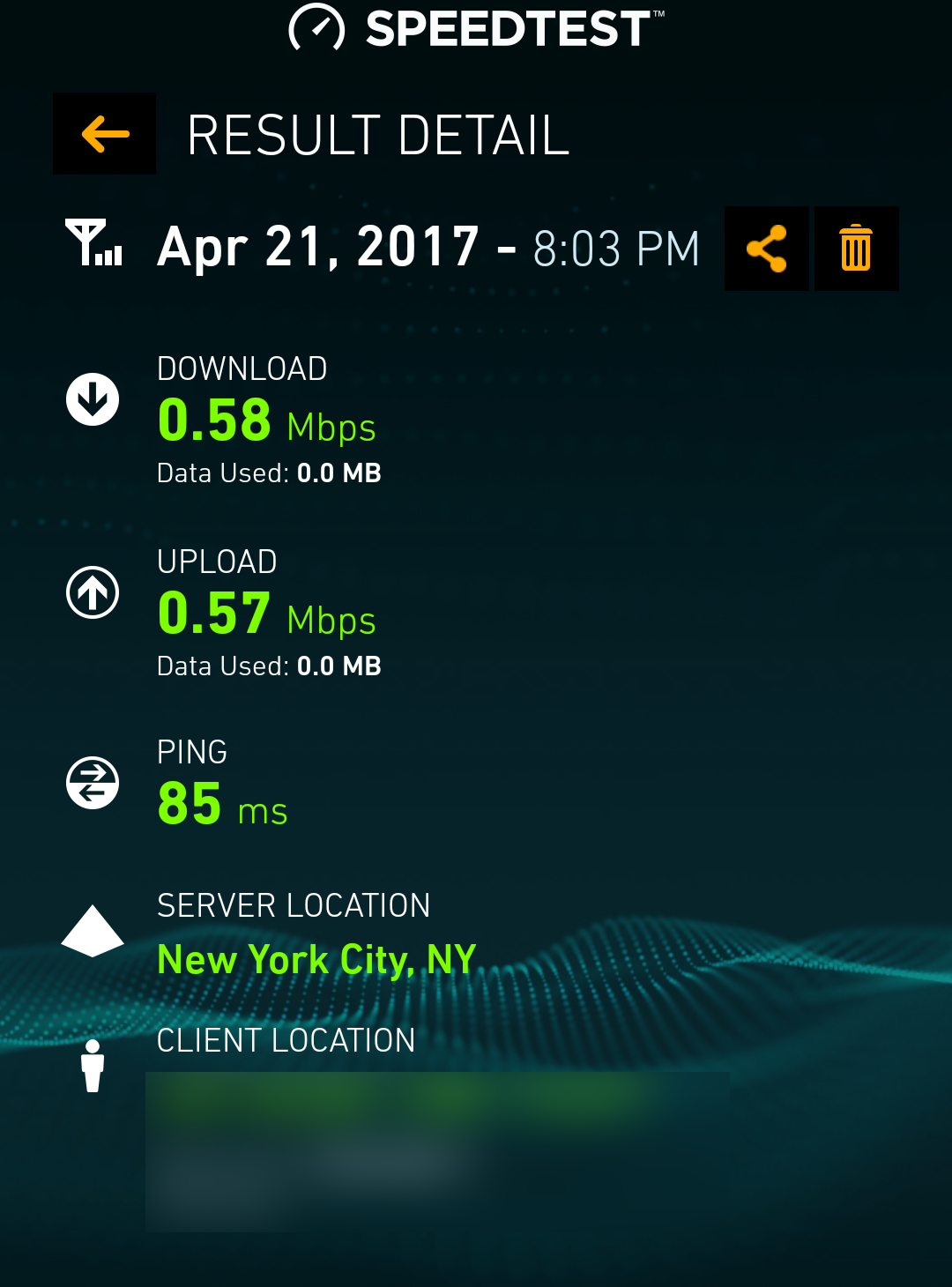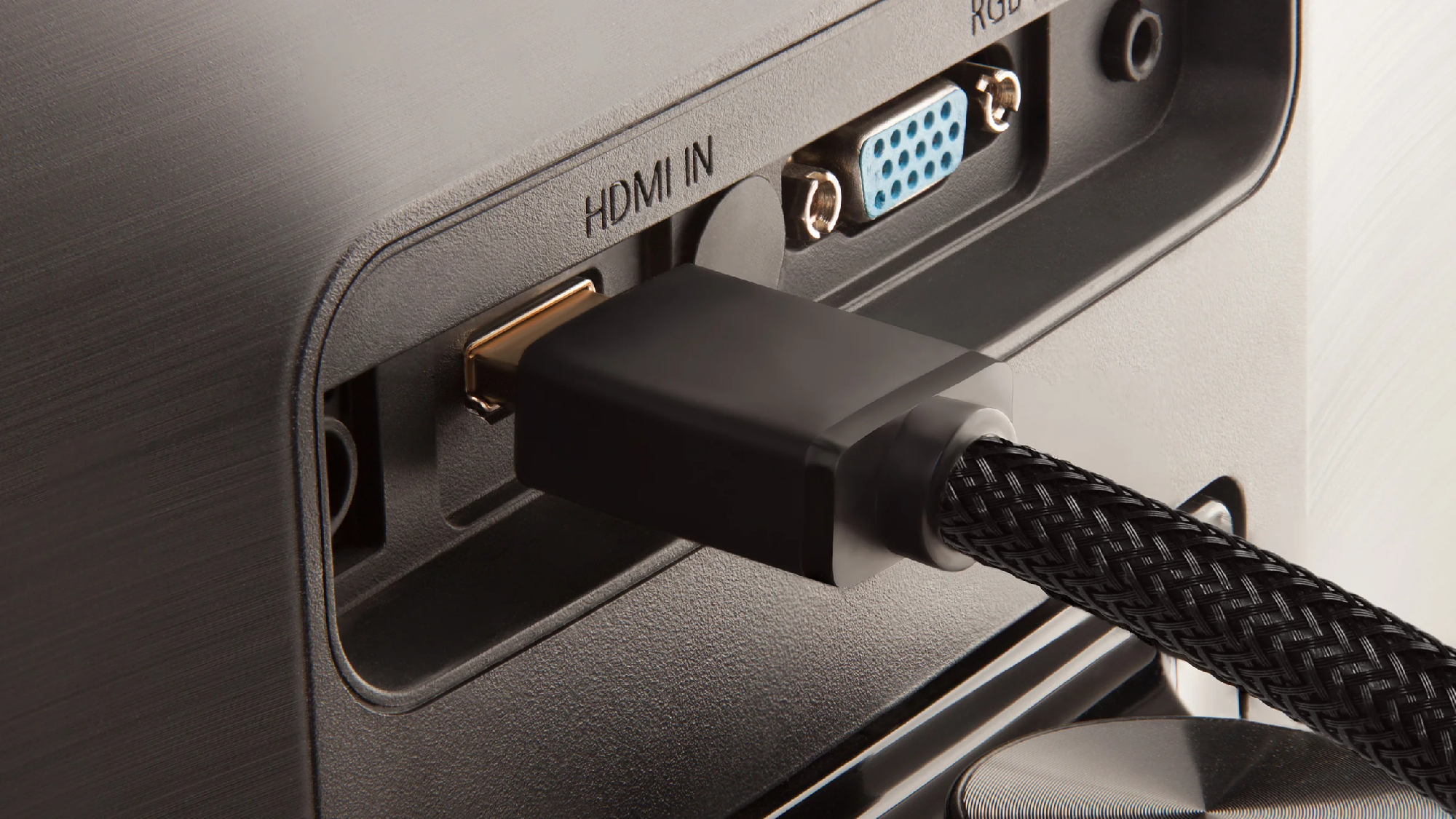Why I’m Breaking Up with Verizon for T-Mobile After 16 Years
I've been with Verizon since 2001, but the carrier's performance no longer lives up to its reputation.
For most people, switching phone carriers carries all the emotion of changing a light bulb or bolting on a different toilet seat. However, after using Verizon as my carrier for 16 years and half a dozen different phones, leaving Big Red feels like a breakup.
And if the company asks why I'm canceling and moving my family's phone numbers to T-Mobile this week, I'll have to say, "It's not me, it's you."

I'm dumping Verizon, first and foremost, because the company's vaunted network let me down when my family and I needed it most. In the past year, my wife and I have had a lot of weak signals, both near our home on Long Island, in the house, and on my commute into Manhattan.
Unfortunately for Verizon, I'm not alone.
Better speeds from T-Mobile
At the same time, friends and family who had T-Mobile phones at the same locations always got a strong signal and, when I borrowed T-Mobile-powered handsets from work, they also got a lot more bars and much faster transfer rates. One time in October, I brought a T-Mobile phone and a Verizon phone with me on my Long Island Rail Road commute and ran the Speedtest app at every stop; at most but not all stops, the T-Mobile phone won.
In my house, I usually get two or three bars of 4G, but sometimes I'm at 3G or worse. Once or twice, the signal in my home was so poor that my phone, a Galaxy Note 3, couldn't make calls for an hour or two. In my living room, I usually get download speeds of less than 5 Mbps on Verizon, while T-Mobile phones I borrowed got as much as 40 Mbps. Even worse, for a year, my wife has been randomly not receiving SMS messages on her Galaxy S5; she's had to log into the Verizon website several times each day to see which ones didn't come through to her phone.

Unfortunately for Verizon, I'm not alone in dumping the costly carrier. Last week, Verizon announced that it lost 307,000 subscribers in the first quarter of 2017, and, like me, many of those customers migrated to T-Mobile, which added 1.1 million customers over the same three months. Most of those people probably switched because of T-Mobile's extremely affordable T-Mobile One plan, which currently gives you unlimited data for $100 for two lines or $160 for four (Verizon charges $140 / $180 plus taxes and fees).
My wife and I had been talking about the problems in our Verizon relationship since last spring, but we stayed with Big Red, because we remembered all the times the company was there for us with a good signal and hoped it would be again.
The final straw came when my wife became ill and couldn't get a reliable Verizon signal in two different hospitals.
A long history with Verizon
I signed up with Verizon and got my first cellphone, a Motorola Startac, in 2001. The service gave me a reliable signal when I was in New York on Sept. 11 of that year, and friends and family called to ask if I was OK. When my wife and I got engaged a few years later, one of the first things we did as a couple was to sign up for a Verizon family plan.
Through the years, we got reliable service during key family events like our wedding and the birth of our son, and during disasters like the great blackout of 2003 and the aftermath of s Hurricane Sandy in 2012. We even got a small signal when we'd visit Sterling Forest, a park in upstate New York, where our friends on other carriers got no connection at all.
Even though we knew Verizon has more expensive plans than competitors such as T-Mobile and Sprint, we stayed on board for the better connectivity. We even hung around when Verizon began phasing out its original unlimited-data plan, and we had to hold on to outdated phones, because we'd lose the plan if we upgraded. Eventually, after the company imposed a further charge on unlimited-data plans, we switched to a limited bucket of data, but we stuck it out for what we thought was a better network.
Failing at the worst possible times
The final straw came in December when my wife became ill and had to spend several days at the hospital, where her Verizon connection was so spotty that she could not reliably make or receive calls from her room. She got no connection at all for the 12 hours she was in the emergency room. However, every time my mother-in-law or my wife's friend visited her with their T-Mobile phones, they had strong signals.
A month later, my wife had to go into a completely different hospital for a procedure and we had the same connectivity problems. I had to call my mother-in-law, who was there with her T-Mobile phone, to be able to talk with my wife.
In a recent series of tests, Tom's Guide found that Verizon had the best speeds nationally and in New York City (Long Island wasn't tested), with T-Mobile placing second. However, connectivity can be way different depending on where you go. In the places that matter most to me and when it really counted, Verizon came up short.
Verizon says "better matters," in its advertising campaigns. I agree, and that's why I had to switch to T-Mobile.
Sign up to get the BEST of Tom's Guide direct to your inbox.
Get instant access to breaking news, the hottest reviews, great deals and helpful tips.
-
Ethan_Rasiel I've been a tmobile customer for nearly 20 years - dating back to my very first cellphone on Omnipoint, which was later bought by Voicestream, which changed its named to T-mobile in 2002. Back then, only a GSM network was acceptable to me because I could switch phones by just swapping a tiny SIM card. CDMA carriers like Verizon didn't support that. Later, I stayed with Tmobile because of their terrific upgrade plan which gives me a new phone every six months, not every two years. You made the right move! Tmobile is the best!Reply
